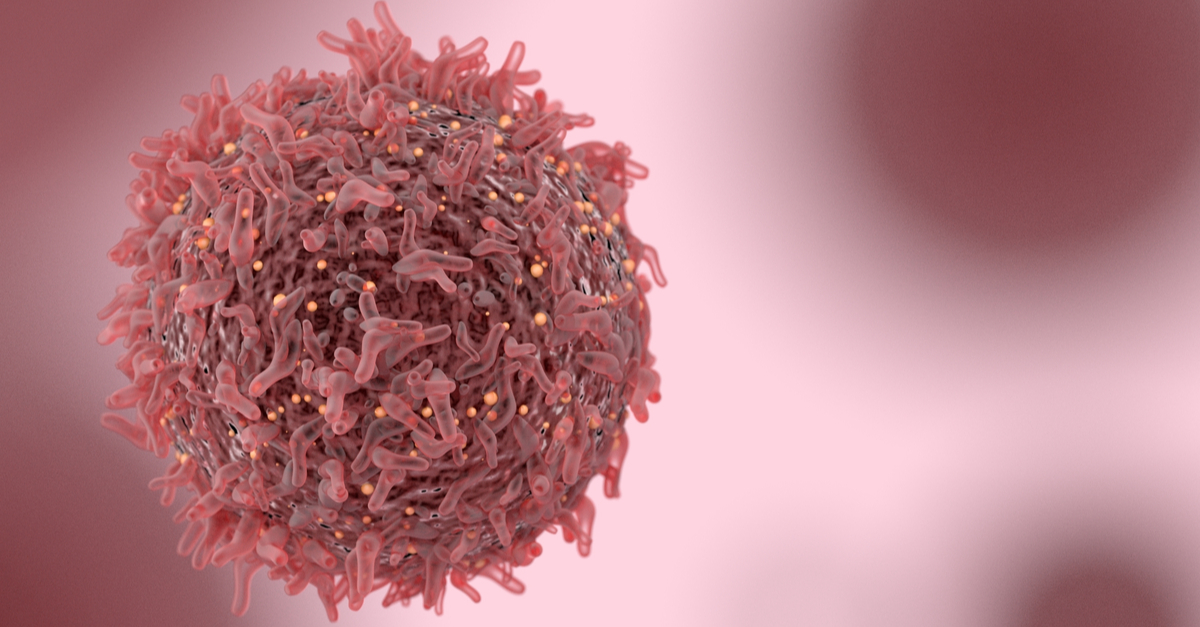Crizotinib-induced immunogenic cell death in non-small cell lung cancer

AUTHORS
Peng Liu, Liwei Zhao, Jonathan Pol, Sarah Levesque, Adriana Petrazzuolo, Christina Pfirschke, Camilla Engblom, Steffen Rickelt, Takahiro Yamazaki, Kristina Iribarren, Laura Senovilla, Lucillia Bezu, Erika Vacchelli, Valentina Sica, Andréa Melis, Tiffany Martin, Lin Xia, Heng Yang, Qingqing Li, Jinfeng Chen, Sylvère Durand, Fanny Aprahamian, Deborah Lefevre, Sophie Broutin, Angelo Paci, Amaury Bongers, Veronique Minard-Colin, Eric Tartour, Laurence Zitvogel, Lionel Apetoh, Yuting Ma, Mikael J. Pittet, Oliver Kepp & Guido Kroemer
SUMMARY
Immunogenic cell death (ICD) converts dying cancer cells into a therapeutic vaccine and stimulates antitumor immune responses. Here we unravel the results of an unbiased screen identifying high-dose (10 µM) crizotinib as an ICD-inducing tyrosine kinase inhibitor that has exceptional antineoplastic activity when combined with non-ICD inducing chemotherapeutics like cisplatin. The combination of cisplatin and high-dose crizotinib induces ICD in non-small cell lung carcinoma (NSCLC) cells and effectively controls the growth of distinct (transplantable, carcinogen- or oncogene induced) orthotopic NSCLC models. These anticancer effects are linked to increased T lymphocyte infiltration and are abolished by T cell depletion or interferon-γ neutralization. Crizotinib plus cisplatin leads to an increase in the expression of PD-1 and PD-L1 in tumors, coupled to a strong sensitization of NSCLC to immunotherapy with PD-1 antibodies. Hence, a sequential combination treatment consisting in conventional chemotherapy together with crizotinib, followed by immune checkpoint blockade may be active against NSCLC.
REFERENCES
Liu, P., Zhao, L., Pol, J. et al. Crizotinib-induced immunogenic cell death in non-small cell lung cancer. Nat Commun 10, 1486 (2019). https://doi.org/10.1038/s41467-019-09415-3
PRODUCT HIGHLIGHTS
The following Bio X Cell in vivo monoclonal antibodies were featured in the publication:
- anti-mouse CTLA-4 (CD152) (Clone 9D9, Bio X Cell catalog no. BP0164, BE0164)
- rat IgG2b isotype control, anti-keyhole limpet hemocyanin (Clone LTF-2, Bio X Cell catalog no. BP0090, BE0090)
- anti-mouse PD-1 (CD279) (Clone 29F.1A12, Bio X Cell catalog no. BP0273, BE0273)
- InVivoMAb anti-mouse IFNγ (Clone R4-6A2 Bio X Cell catalog no. BE0054)
- InVivoMAb rat IgG1 isotype control, anti-horseradish peroxidase (Clone HRPN Bio X Cell catalog no. BE0088)
- anti-mouse IFNAR-1 (Clone MAR1-5A3 Bio X Cell catalog no. BP0241, BE0241)
- anti-mouse IL-12 p40 (Clone C17.8 Bio X Cell catalog no. BP0051, BE0051)
- rat IgG2a isotype control, anti-trinitrophenol (Clone 2A3 Bio X Cell catalog no. BP0089, BE0089)
- anti-mouse CD8α (Clone 2.43 Bio X Cell catalog no. BP0061, BE0061)
- anti-mouse CD4 (Clone GK1.5 Bio X Cell catalog no. BP0003-1, BE0003-1)
- InVivoMAb anti-mouse/human CD11b (Clone GM1/70 Bio X Cell catalog no. BE0007)
- rat IgG2b isotype control, anti-keyhole limpet hemocyanin (Clone LTF-2 Bio X Cell catalog no. BP0090, BE0090)
